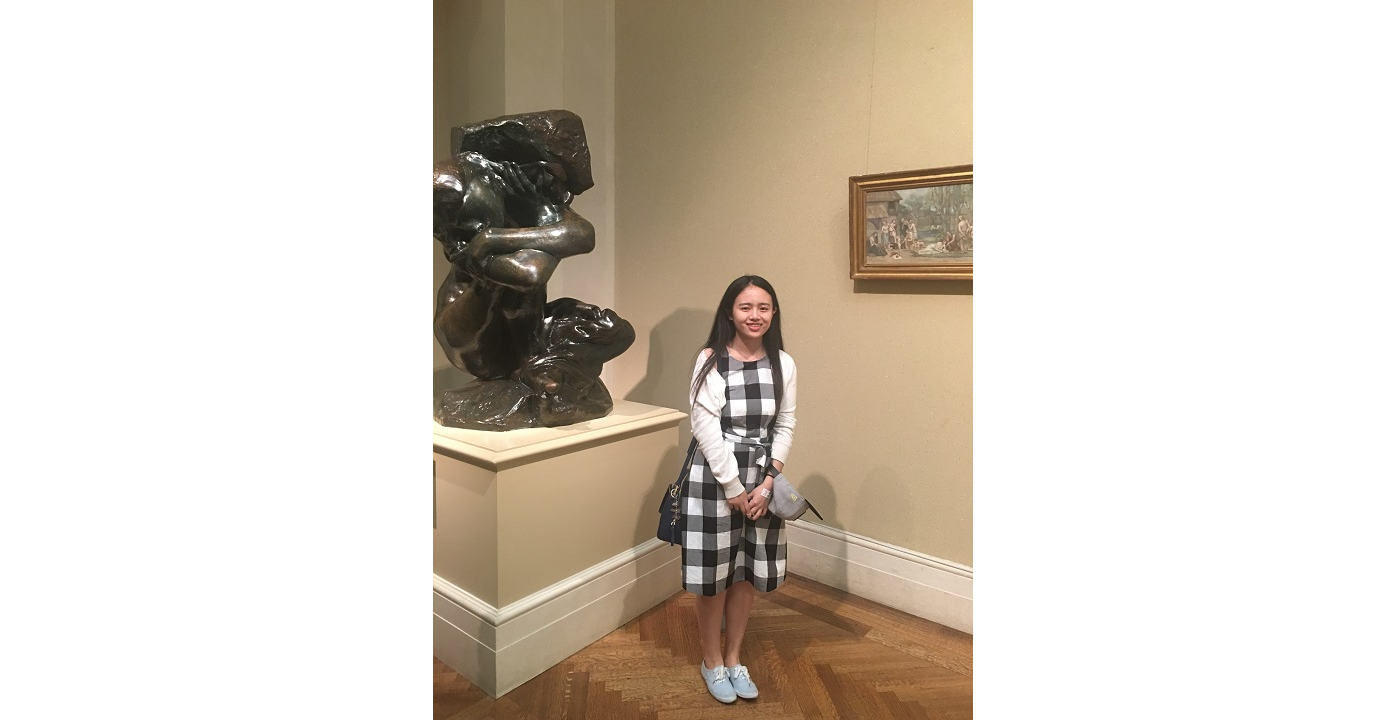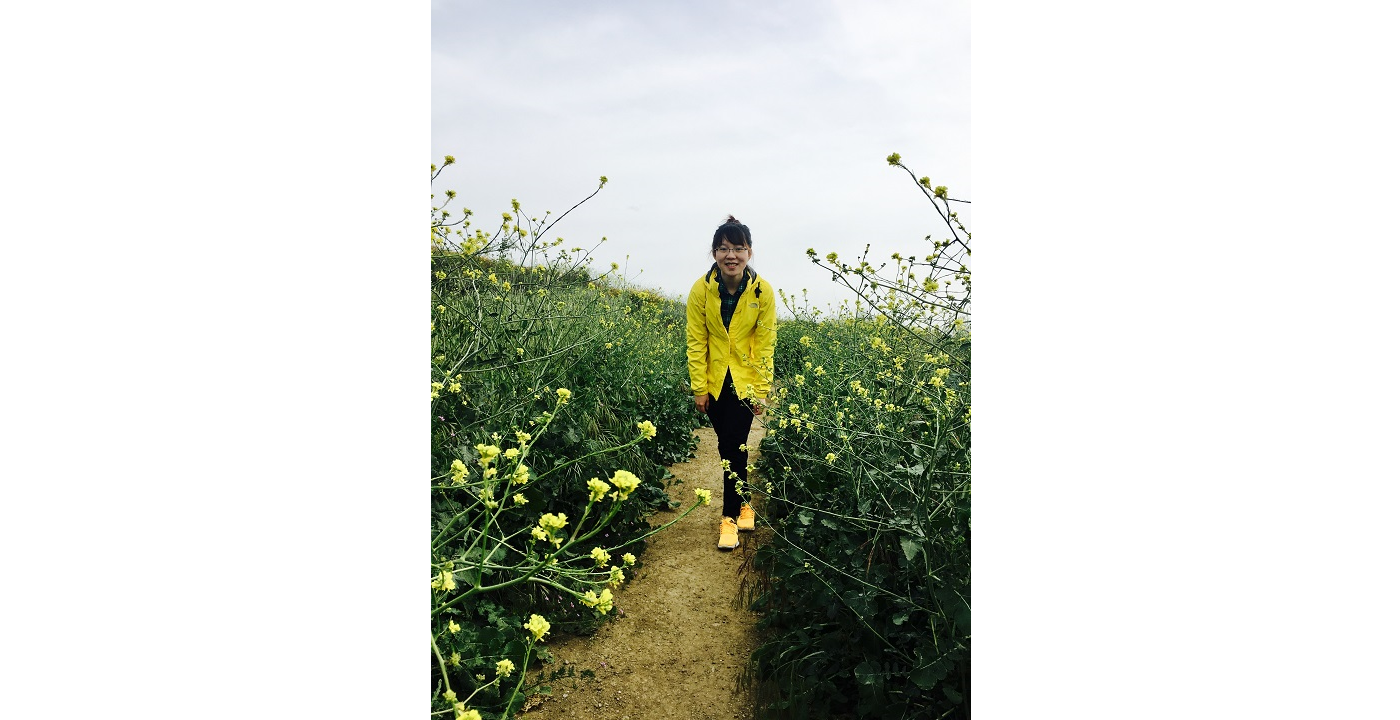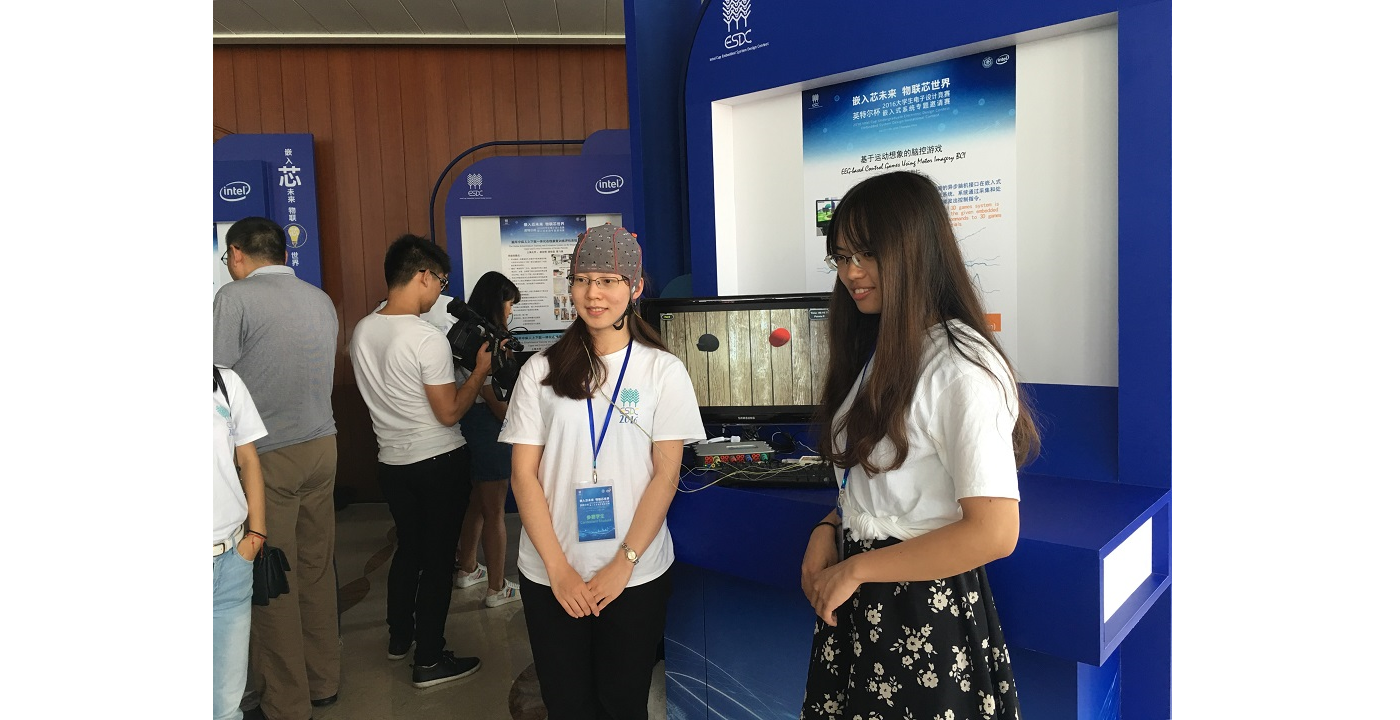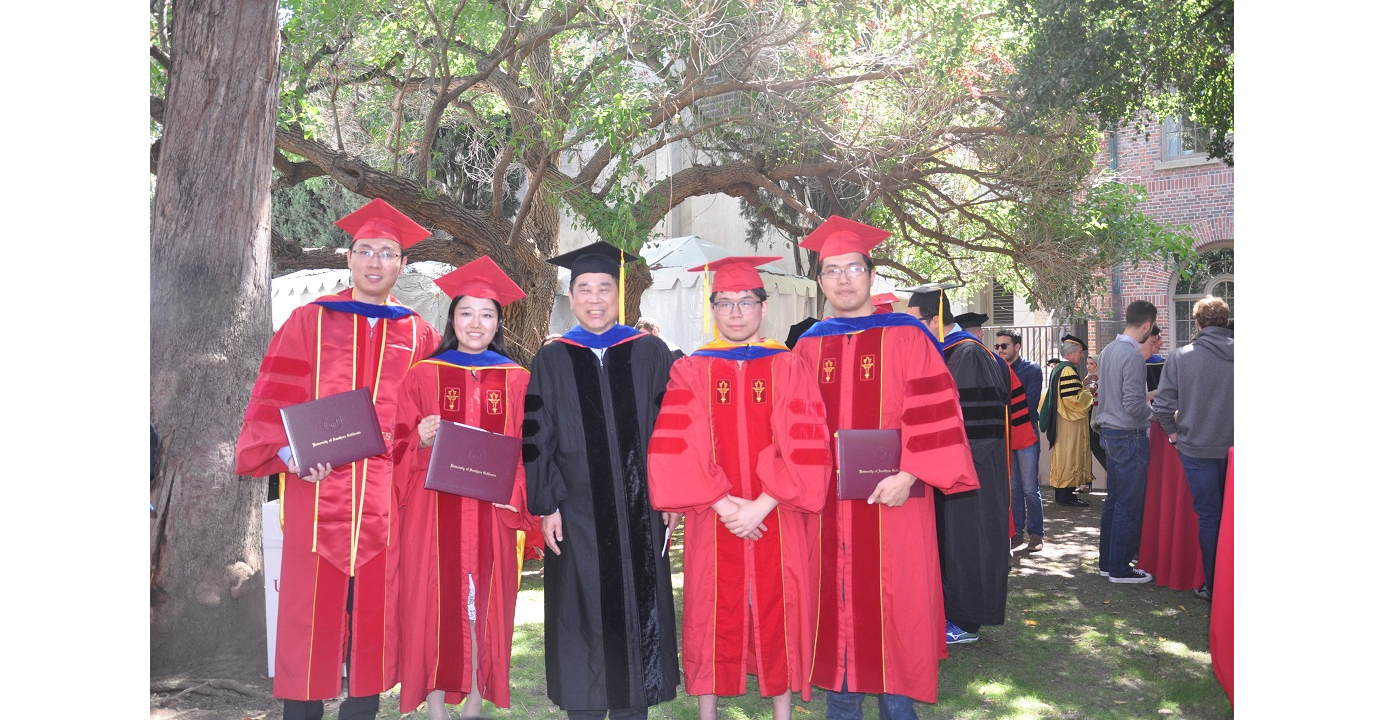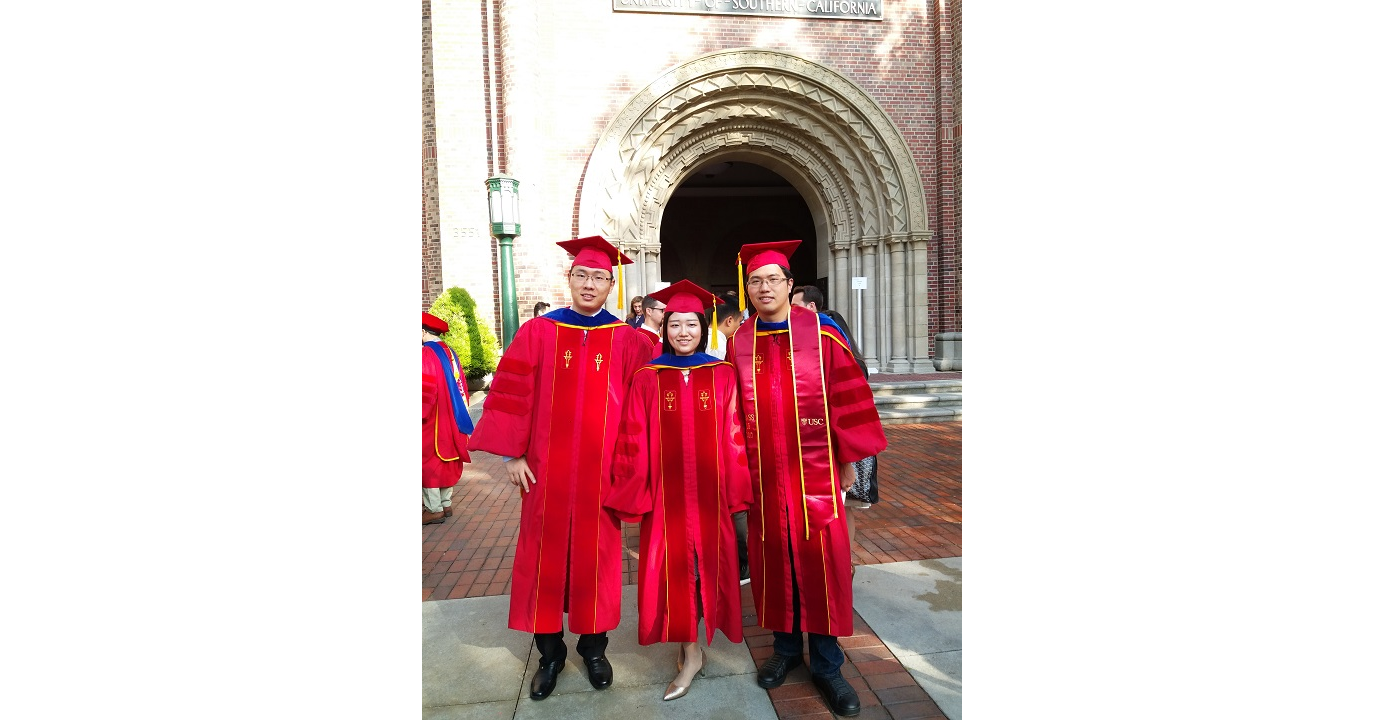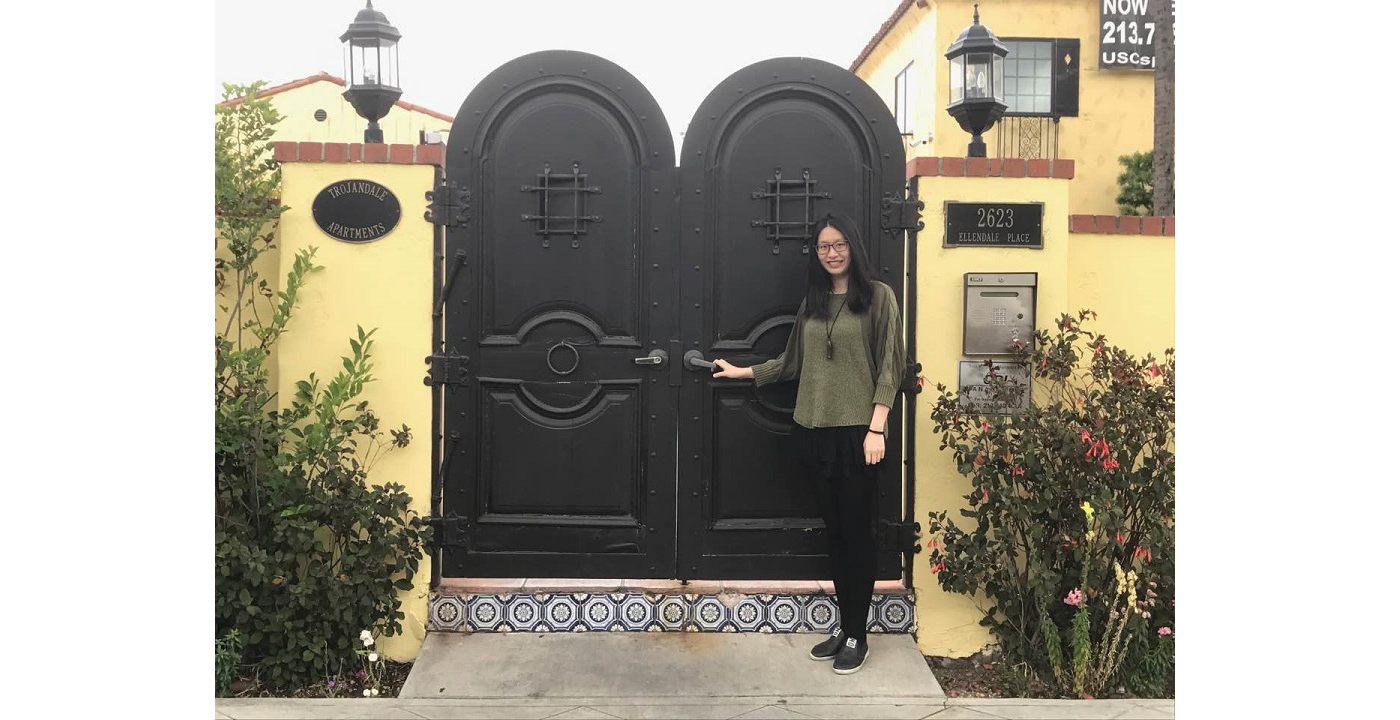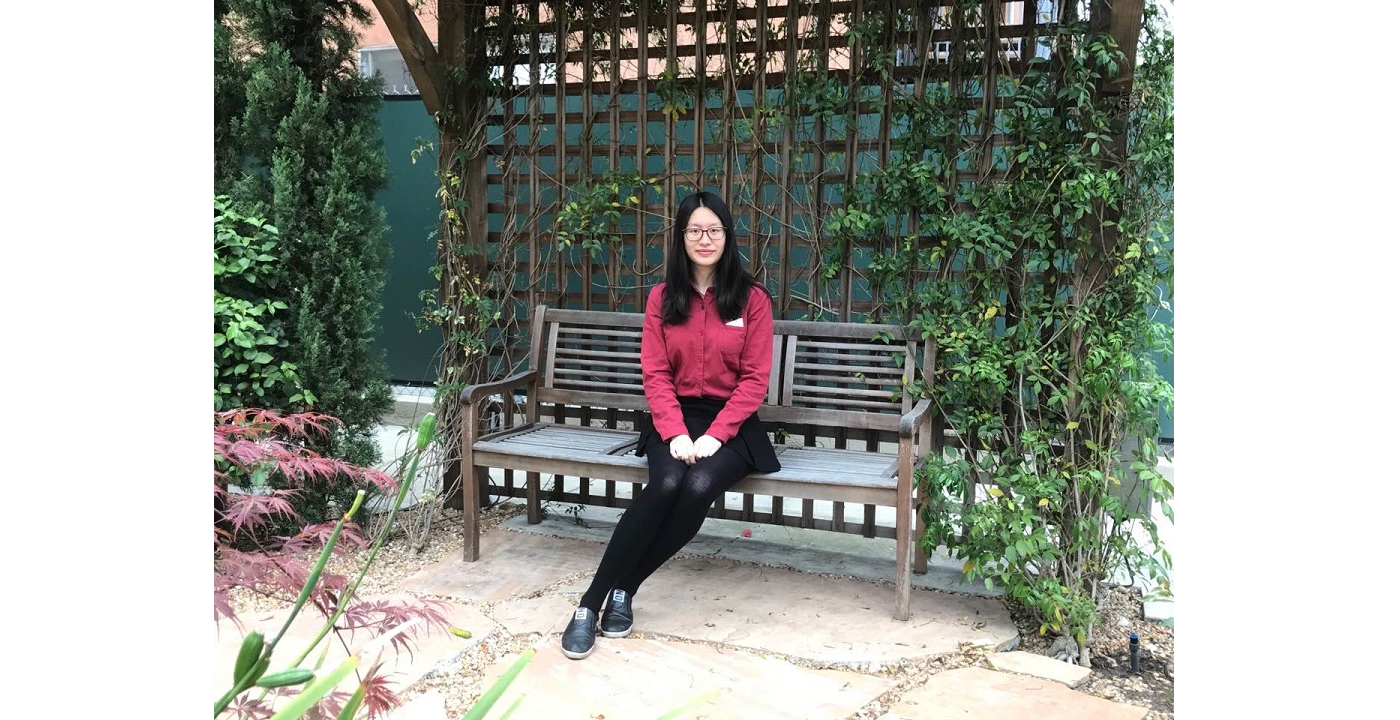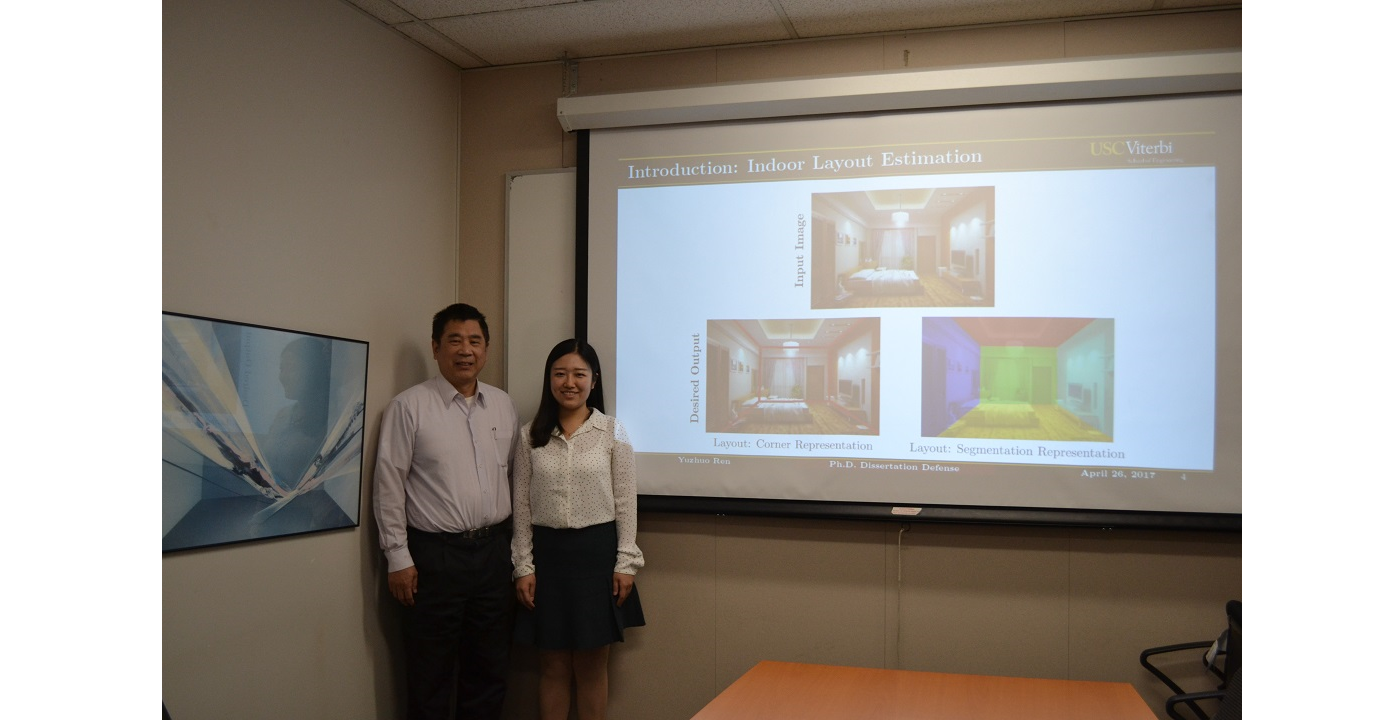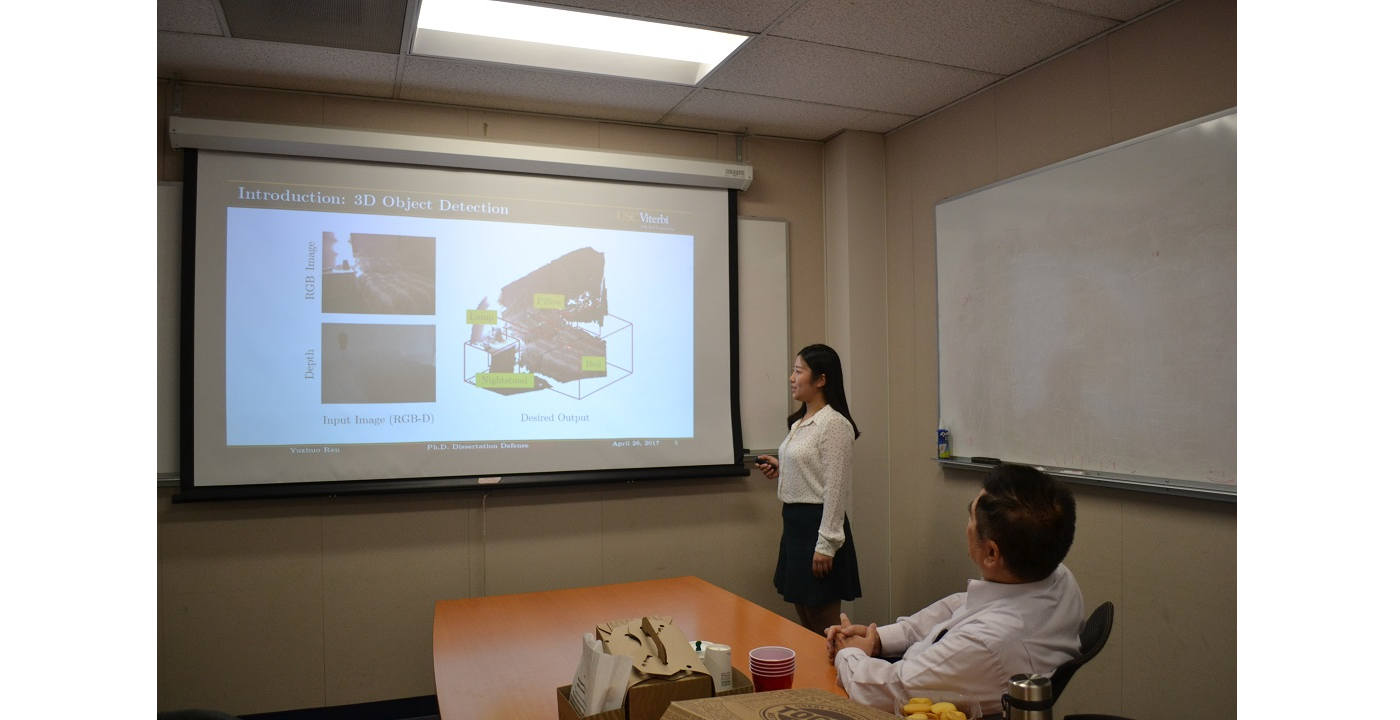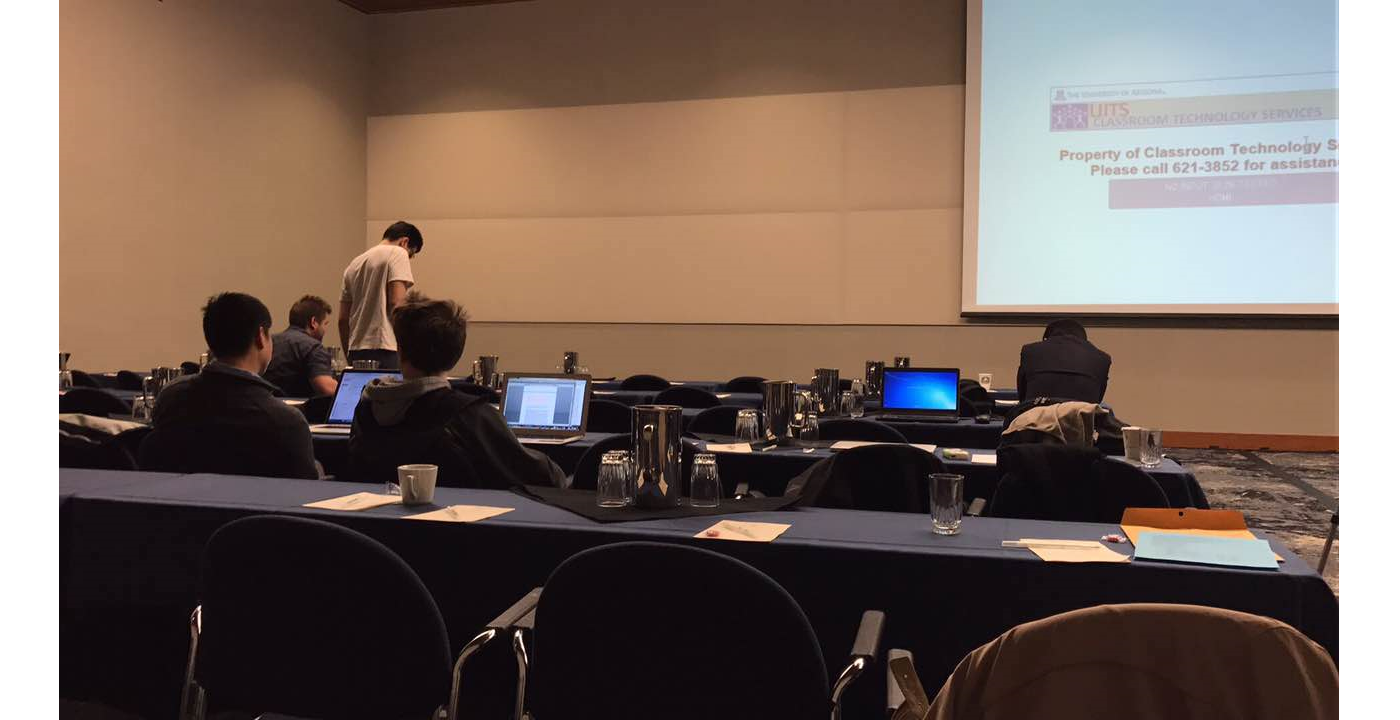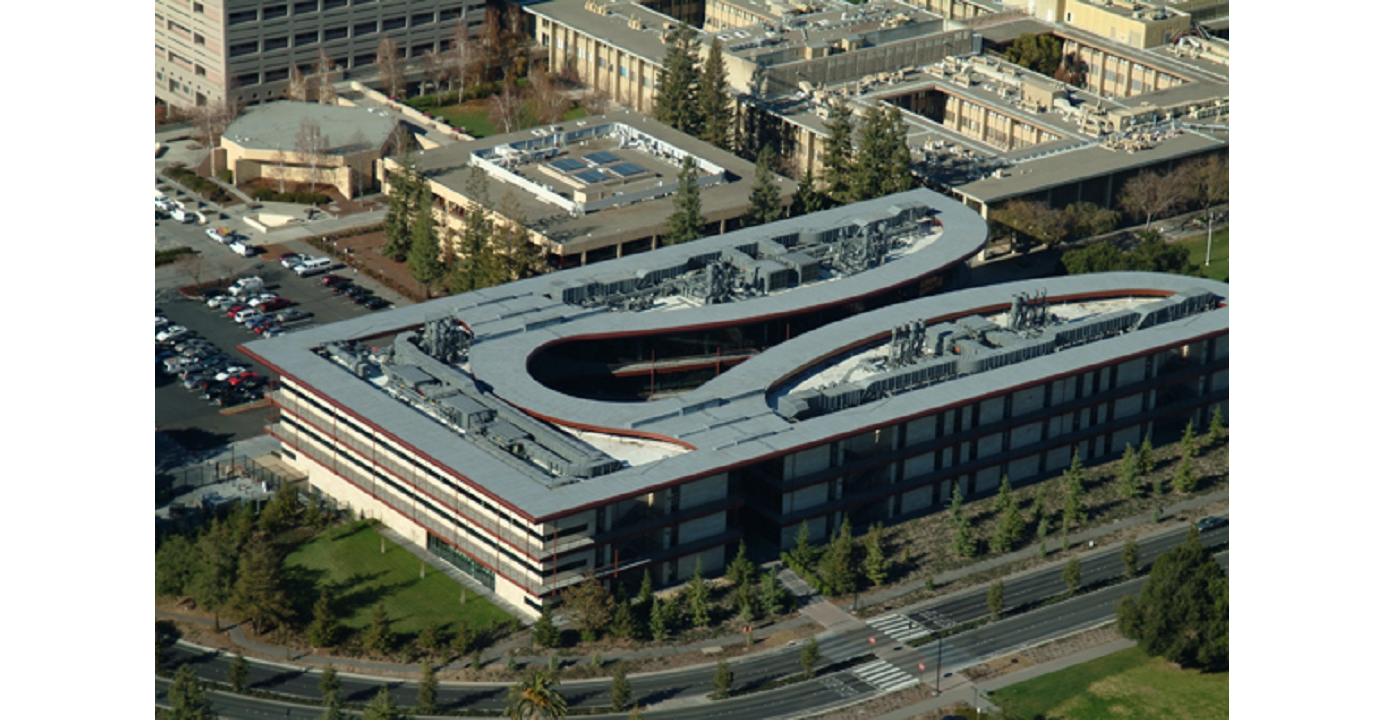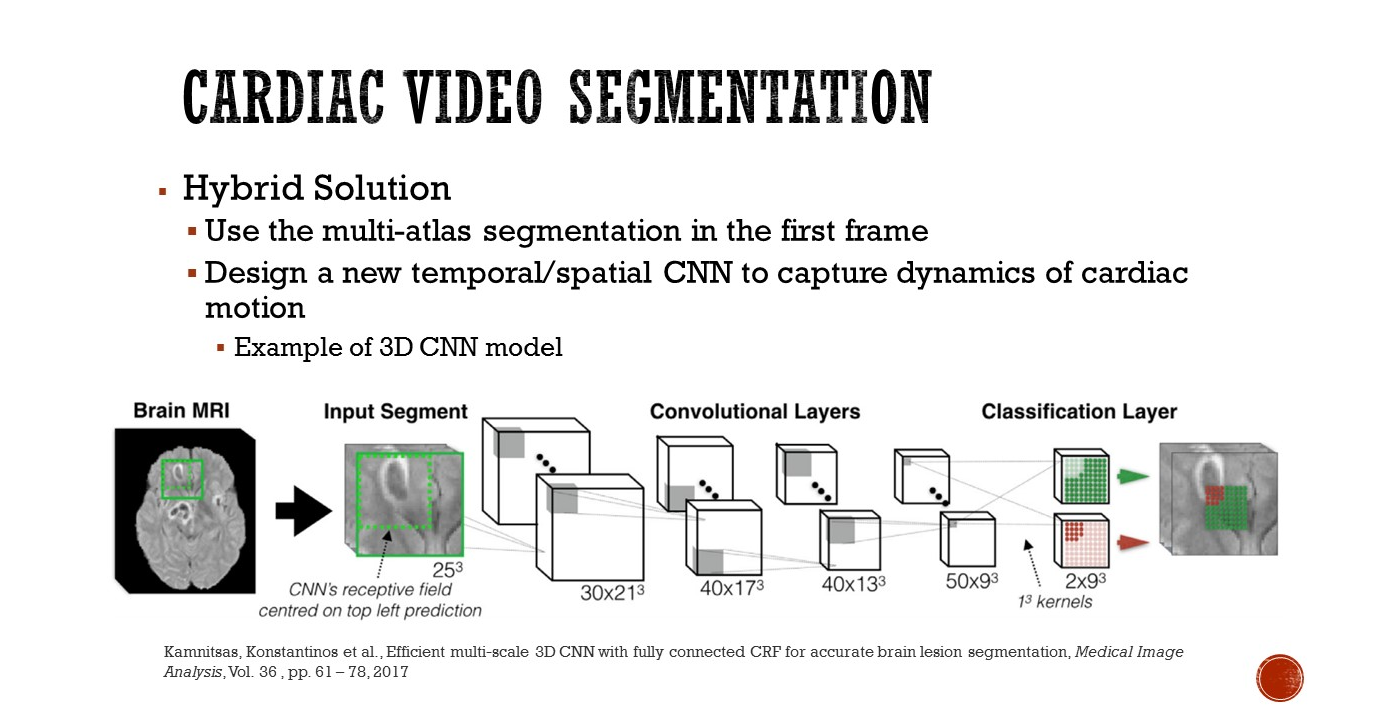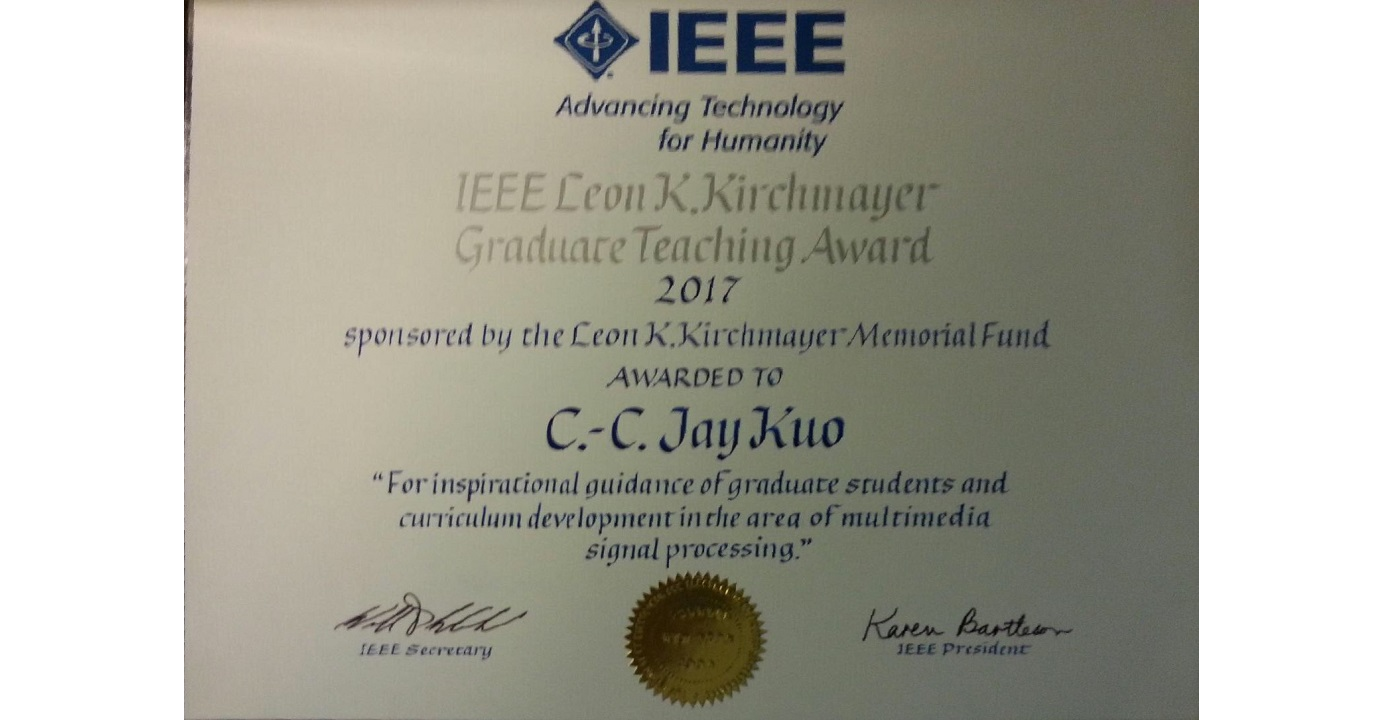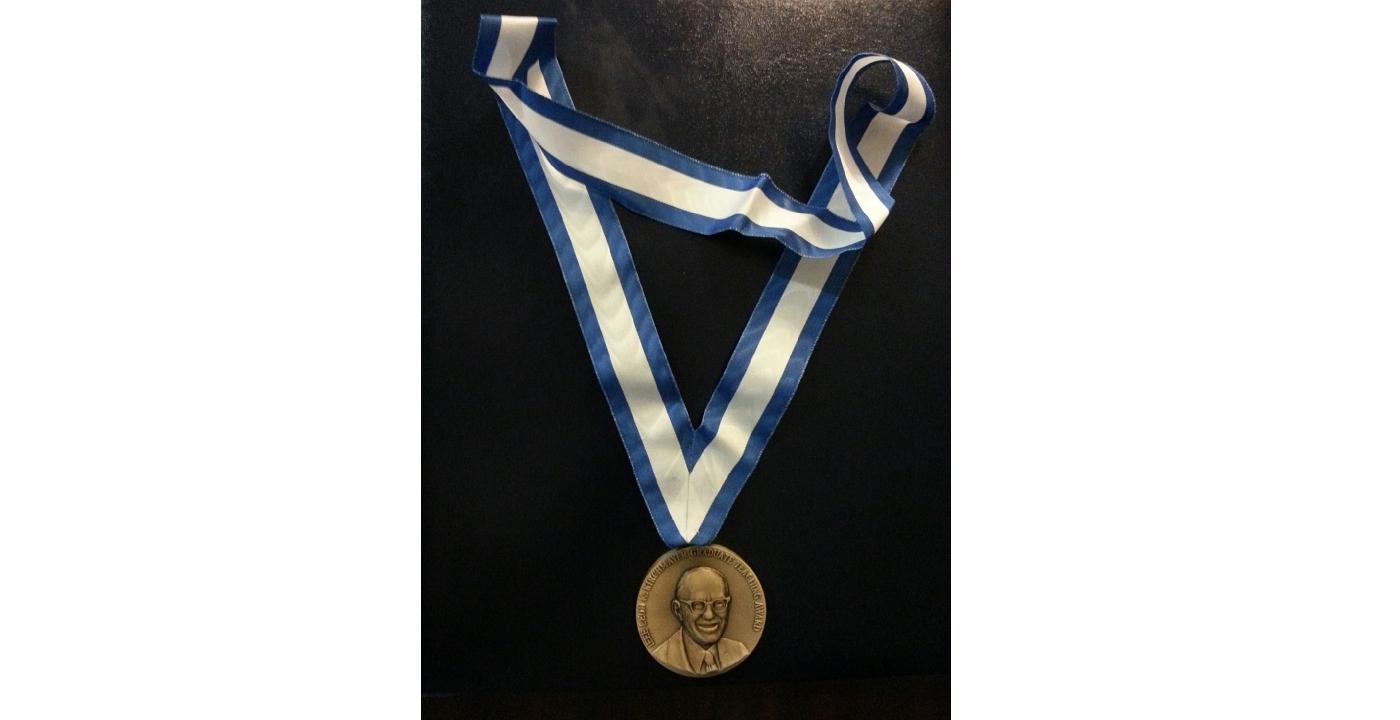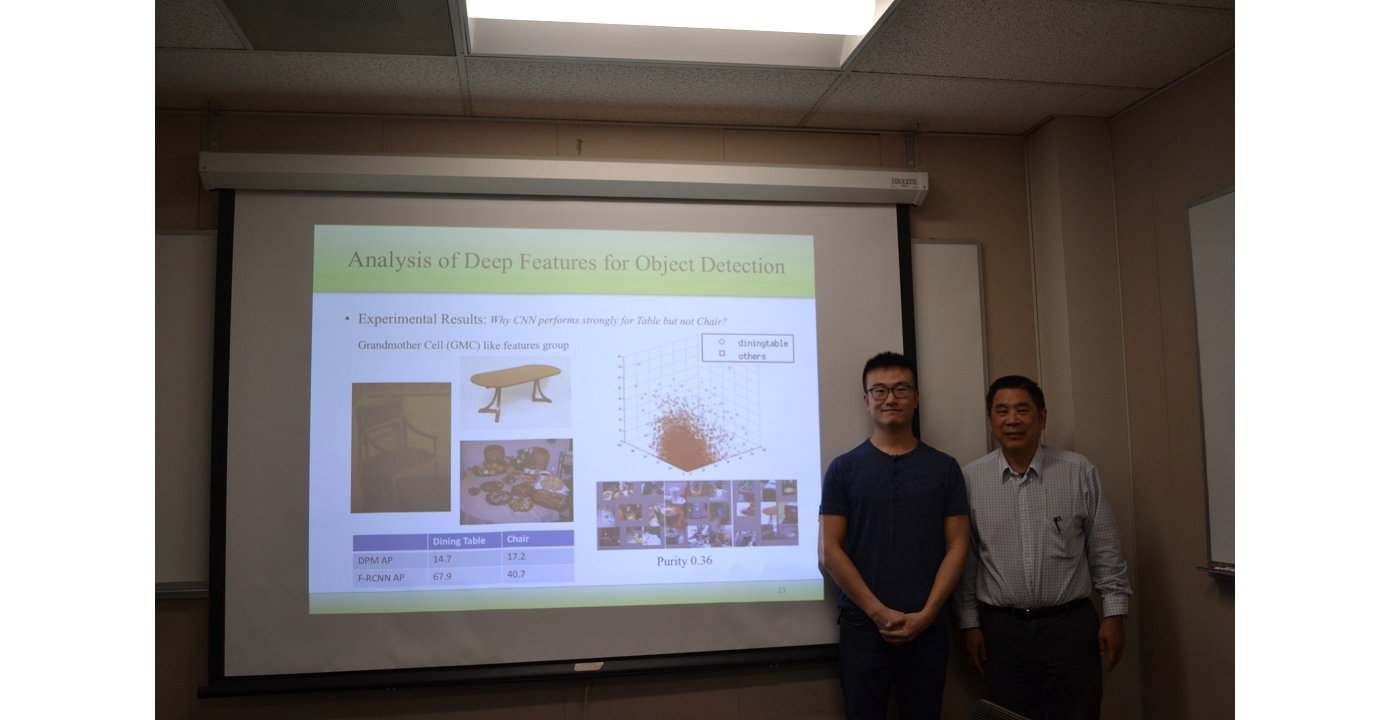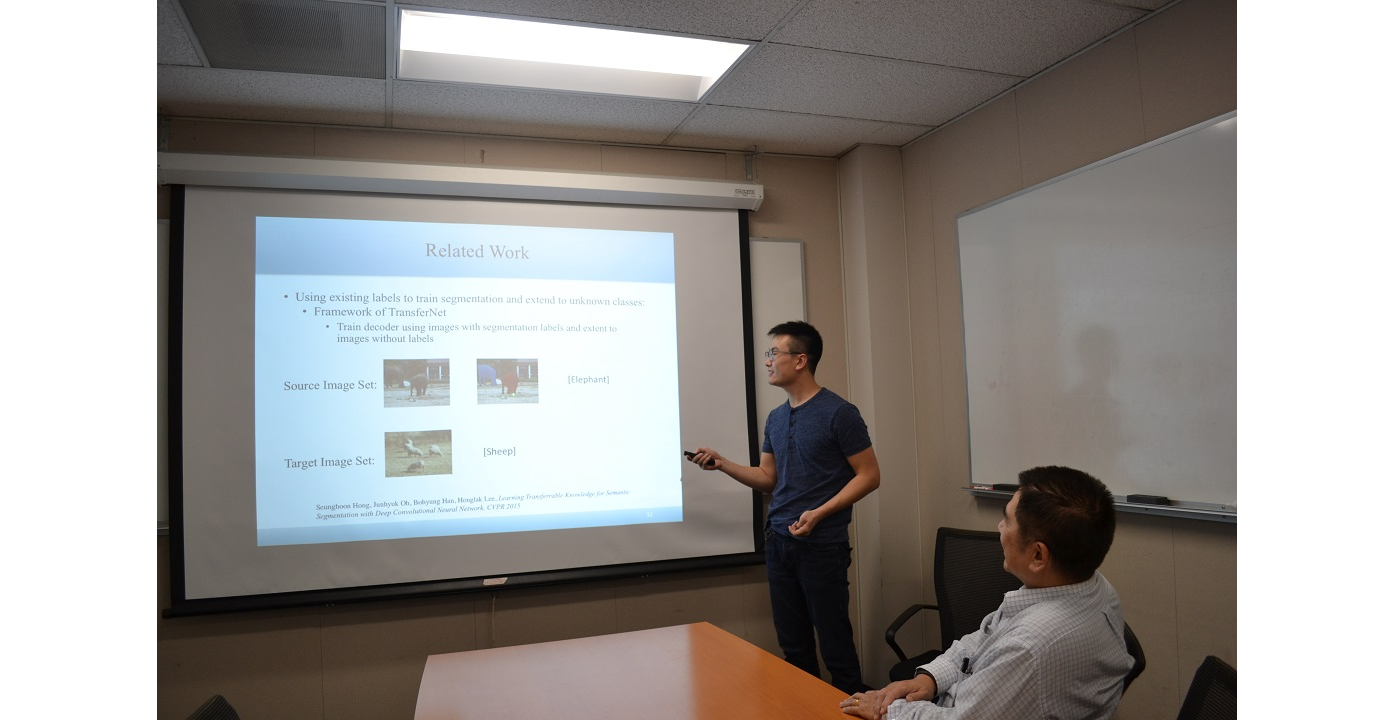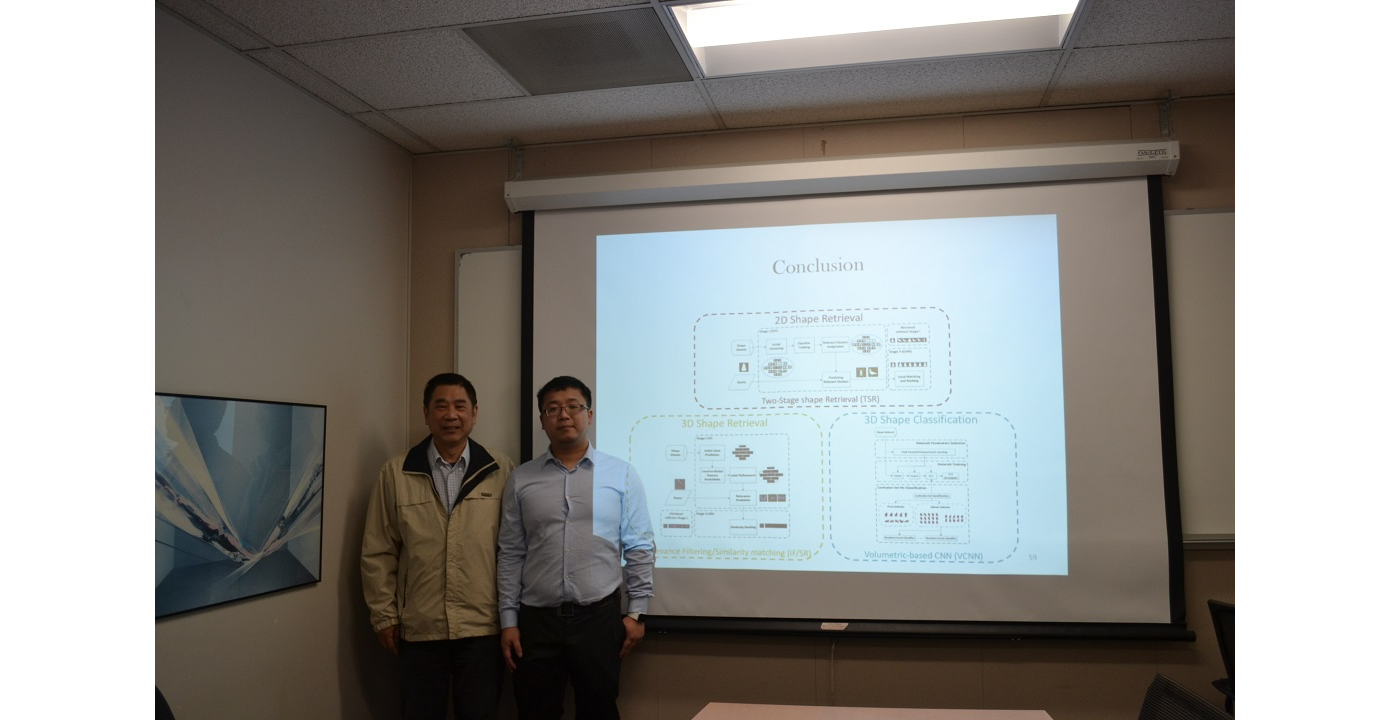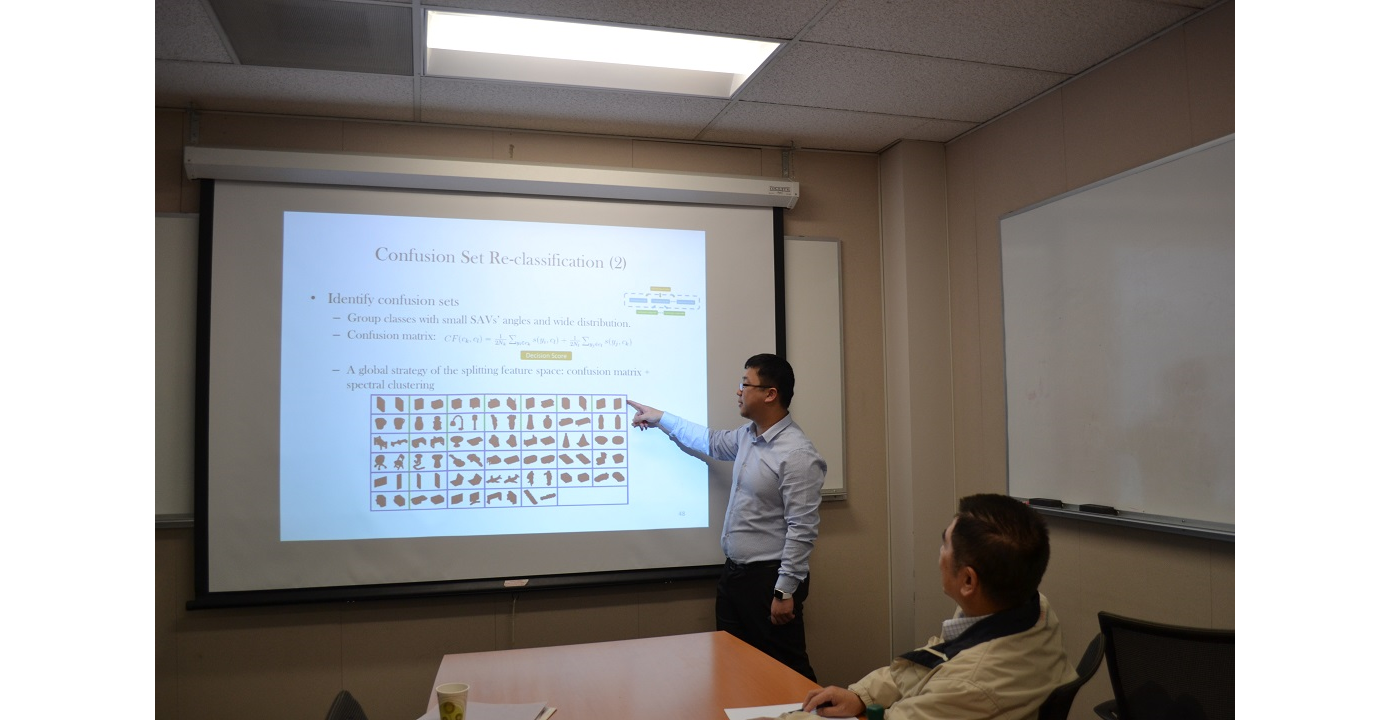Welcome New MCL Lab Member Zhuwei Xu
We are so happy to welcome a new master student, Zhuwei Xu, in Summer 2017. Let us hear what she said about her research and MCL.
1. Could you briefly introduce yourself and your research interests?
My name is Zhuwei Xu, a master student in Electronic Engineering Department. I pursued my undergraduate degree in Electronic Science and Technology in Sichuan University. I have an interest of research in new fields. I like to know the latest techniques and apply them to different problems. I learnt a lot about signal processing and probability. I would like to be a researcher and explore the unknown knowledge. Nowadays, my research interests are machine learning and image processing.
2. What is your impression about MCL and USC?
I consider MCL is a great laboratory for me, since I would like to make some contribution in multimedia. Also, I think machine learning is a great idea for many new fields, so I am eager to apply some machine learning ideas on multimedia things.
USC is an outstanding university, it has many excellent faculties and peers in EE department. I want to learn from them and improve my abilities.
3. What is your future expectation and plan in MCL?
My research direction will focus on ‘object localization and classification’ this summer. I hope I can know more things about multimedia, machine learning and how to do research. I would like to do some exciting works, and build connections with people in this laboratory.

